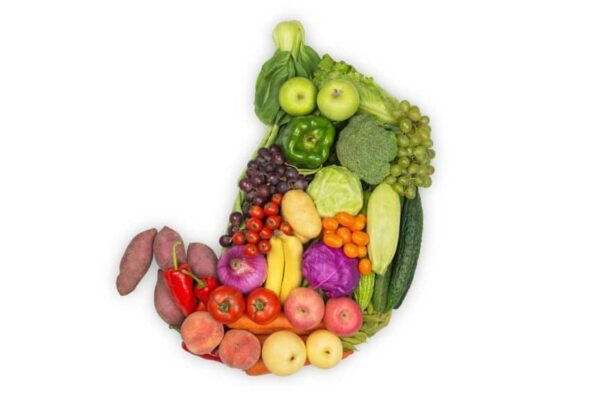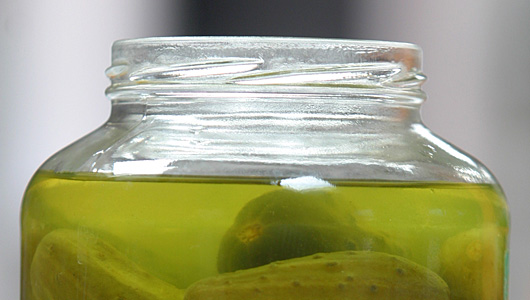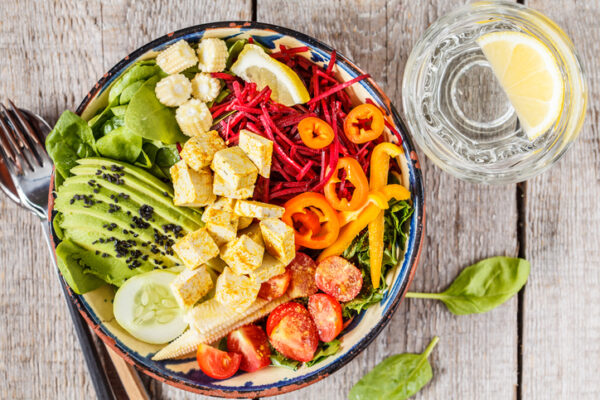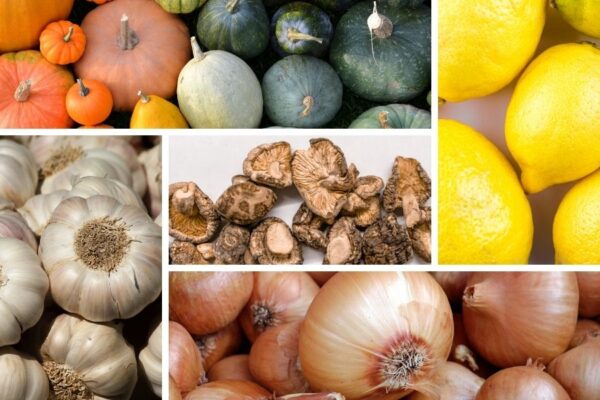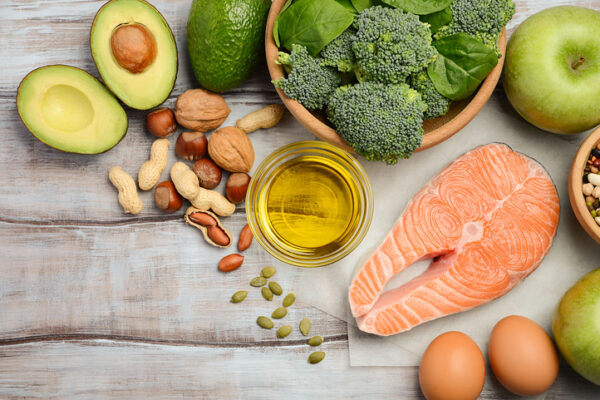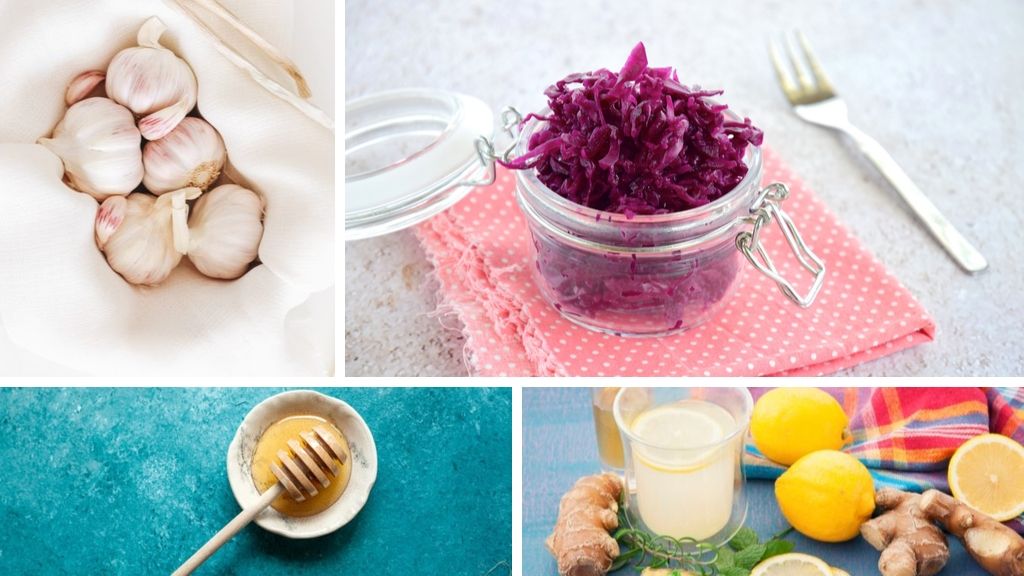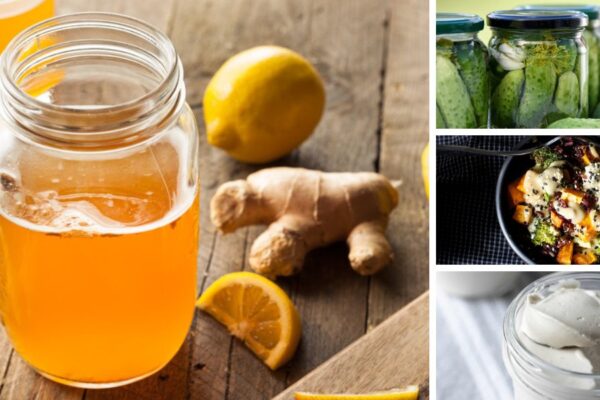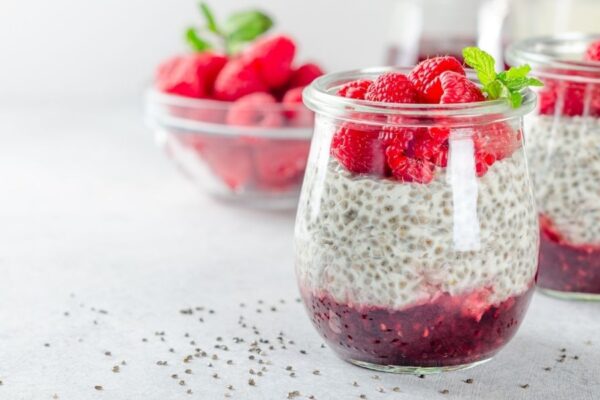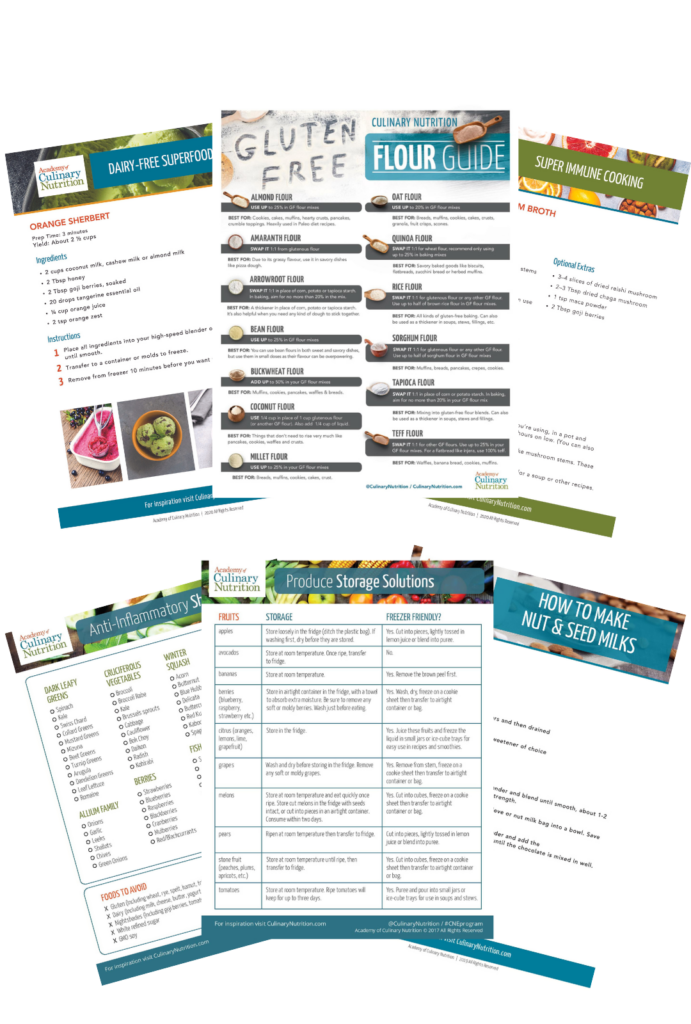My Favourite Fermented Probiotic-Rich Foods
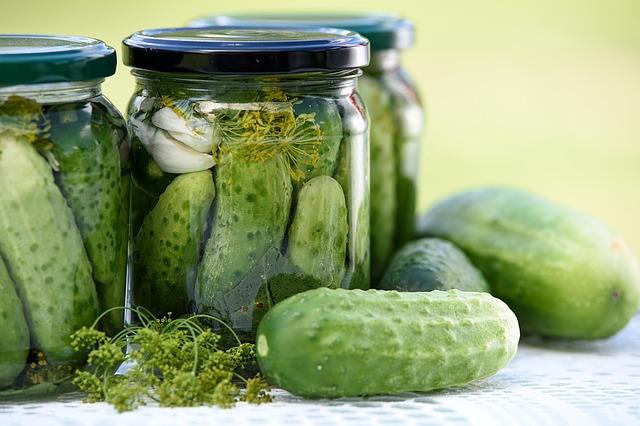
The word ‘probiotic’ means ‘promoting life’. Probiotics are the good guys; the good bacteria we need in our gut that help to keep us healthy. They support healthy digestion, immunity and our brains, and can be found in many delicious probiotic-rich foods.
Good bacteria live in the intestines and all too often, they’re out of whack and are overrun by the bad bacteria. Use of antibiotics, excessive use of hand sanitizers and anti-bacterial soaps, as well as diets high in processed, low-fibre sugary foods are the ultimate party place for the ‘bad guys’. The bad guys are yeasts and pathogenic bacteria that makes us feel all kinds of unwell – or cause what we refer to as dysbiosis, candida and/or leaky gut.
Common Symptoms Of Gut Microflora Imbalance Include:
- chronic yeast infections
- irritable bowel syndrome
- obesity
- headaches
- PMS
- moodiness
- brain fog
- fatigue
- depression
- body pain
As a society, we are all about pill popping. That seems much easier than actually changing our diets. But if you want to go the au naturelle route and improve your health without medication or to make the most of your therapeutic supplementation, we have to deal with the diet first. Otherwise, you are mopping up the floor with a leaky bucket.
Before you start dishing out the dollars for expensive probiotics (and you seriously get what you pay for with these goodies), how about some probiotic foods?
Here are my favourites.
(If you’d like to learn more about how to make different probiotic-rich foods from scratch, join me for my self-paced online course Fundamentals of Fermentation.)
my favourite Probiotic-Rich Foods
1. Sauerkraut
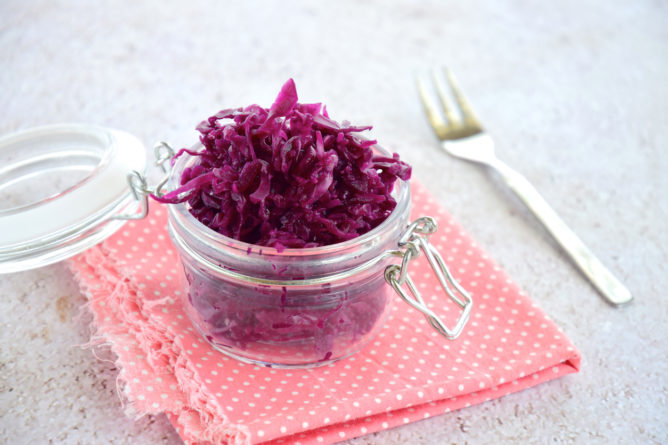
What Is It?
Sauerkraut is a simple fermented mixture of cabbage and salt, but you can also add extra herbs and spices for different flavour profiles.
Health Benefits
- Real sauerkraut has a crispy texture and is loaded with vitamin C and B vitamins.
- The process of fermenting cabbage actually creates isothiocyanate – a substance thought to inhibit the formation of cancer and tumours.
Try this super easy sauerkraut recipe.
2. Kombucha
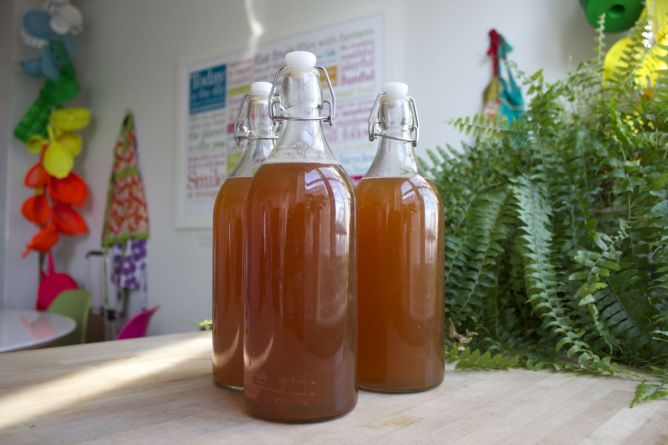
What Is It?
Kombucha has long been considered a health tonic. It has a sour flavour with a taste reminiscent of apple cider vinegar combined with club soda.
Home-brewed kombucha is often less acidic than store bought – and it’s super easy to make. Many store-bought options are packed with sugar, which is one of the many reasons why I like to brew it at home.
A starter culture sometimes called a kombucha mushroom, mother or scoby (symbiotic culture of bacteria and yeasts) is necessary to prepare kombucha. This starter culture thrives in the combination of brewed tea and sugar.
Health Benefits
- Rich in beneficial bacteria and vitamin B12.
- Contains a substance called glucaric acid (also called saccharic acid), which is deeply detoxifying.
- Rich in antioxidants.
Check out this video where I take you through the kombucha-making process.
3. Miso
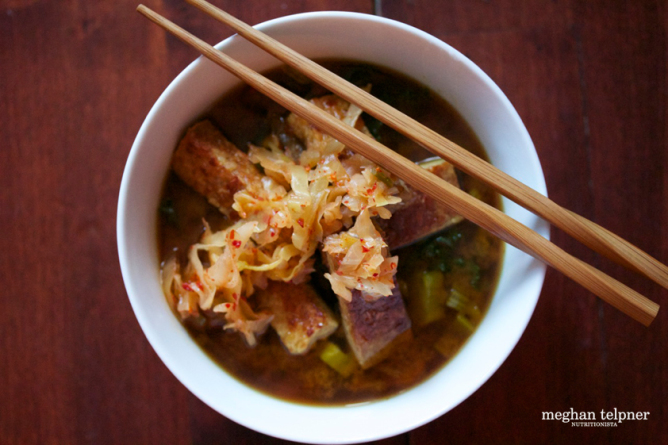
What Is It?
Composed of soybeans in combination with barley or rice, miso is a traditional Japanese condiment used primarily in soups or as a seasoning for vegetables, meats and fish.
Primarily fermented by aspergillus oryzae, a mold, that is also responsible for the transformation of soybeans into shoyu or tamari.
Health Benefits
- A good source of phosphorus, manganese and zinc. Zinc in particular is essential for proper immune system function.
Discover more about the different types of miso, as well as how to use it.
4. Moroccan Preserved Lemons
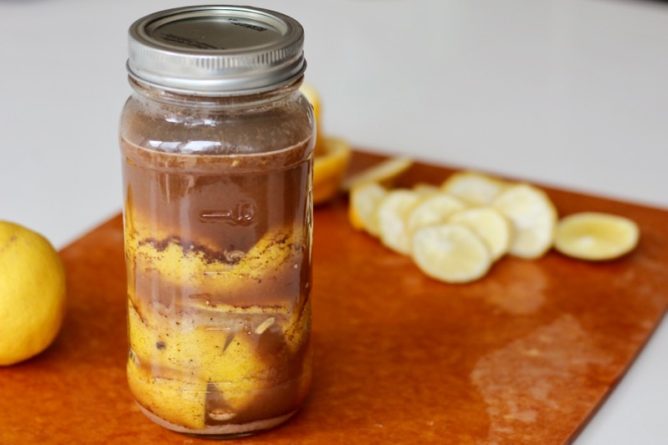
What Is It?
Naturally fermented without the use of a starter – just benign bacteria and yeasts naturally present in the air, on our skin and on the fruits themselves. Culturing lemons naturally with unrefined salt and brine renders the lemon rind not only edible, but also delicious.
Health Benefits
- Preserved lemons are rich in beneficial bacteria and their acidity is sufficient enough to keep pathogenic bacteria at bay.
- Lemons, like all citrus, are rich in antioxidants and vitamin C in particular is concentrated in the lemon’s rind.
Here is a guide to make Moroccan Preserved Lemons.
5. Sour Pickles

What Is It?
Most grocery store pickles use vinegar, which is tasty but not fermented. Sour pickles are the traditional alternative that use salt to kick off the fermentation process.
They’re prepared using a simple solution of unrefined sea salt and clean, chlorine-free water, which encourages the growth of lactic-acid producing beneficial bacteria that outcompete pathogenic bacteria.
Traditional sour pickles are raw after culturing, unlike vinegar-based cucumber pickles that are cooked during the canning process thus killing food enzymes, bacteria and destroying heat sensitive vitamins. Cucumbers are a popular veggie for pickling, but you can pickle almost anything (asparagus, carrots, beets, ginger, etc.).
Health Benefits
- Lacto-fermented pickles are packed with friendly probiotics
- Studies have also shown bacteria isolated from fermented pickles to potentially be helpful for addressing allergies, tumors, infections and autoimmune diseases
Learn to make your own pickles here. And don’t forget to save the pickle juice, too!
You can get some good quality probiotic-rich foods like these at the store if you aren’t able to make them yourself. Check your health food store or the refrigerated section of your grocery store for traditional kimchi, coconut, goat or sheep milk yogurts, sour pickles, sauerkraut and other fermented veggies. Just check the labels – there shouldn’t be much more than the vegetable of choice and sea salt.
Also, remember that you should introduce these probiotic-rich foods gradually. Too much at once and your neighbours may think a flock of ducks have moved in to your home!

Free Resource Library
Enjoy more than 40 downloadable guides, recipes, and resources.
Free Resource Library
Enjoy more than 40 downloadable guides, recipes, and resources.















